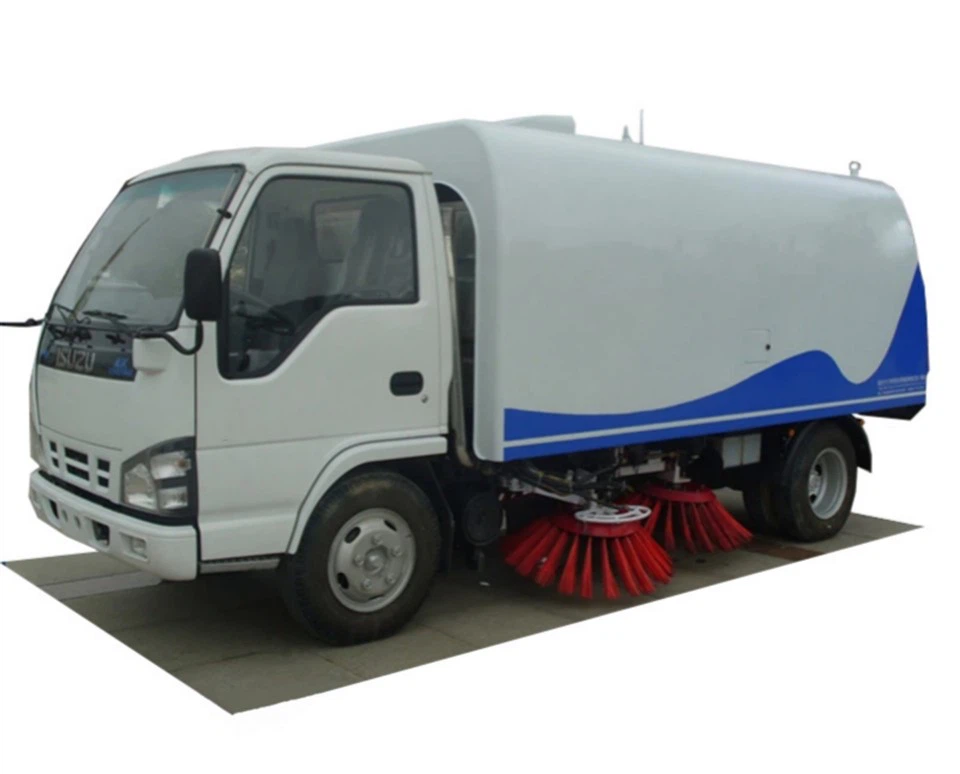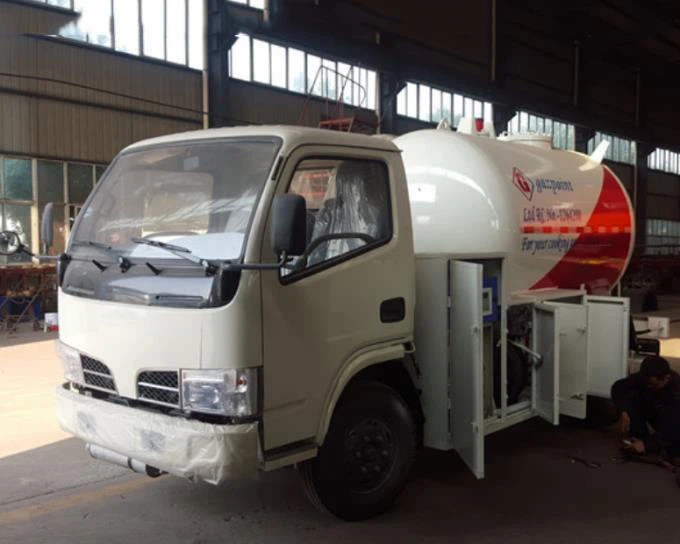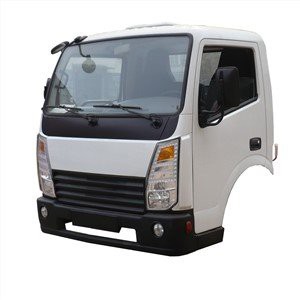Everything You Need to Know About One Tonne Lorries

Introduction
The demand for efficient and versatile transportation solutions in various sectors has led to the rise in popularity of one tonne lorries. These compact vehicles are designed to cater to businesses and individuals alike, offering a range of functionalities from transporting goods to navigating tight urban spaces. In this article, we will delve into the ins and outs of one tonne lorries, exploring their applications, benefits, and tips for usage. This comprehensive guide aims to provide you with a thorough understanding of these essential vehicles in the logistics world.
What is a One Tonne Lorry?
A one tonne lorry, often referred to as a one-ton truck, is a type of commercial vehicle designed to carry a payload (the weight of goods that can be loaded onto the vehicle) of up to one tonne (approximately 1,000 kg or 2,204 lbs). These lorries are usually fitted with a cargo bed and are designed for hauling various types of loads, whether for commercial, industrial, or personal use. Their compact size allows them to maneuver in narrow streets and tight spaces, making them ideal for urban logistics.
Types of One Tonne Lorries
One tonne lorries come in various configurations, each serving different purposes. The most common types include:
- Flatbed Lorries: These have a flat loading area without sides or a roof, ideal for transporting large, flat items.
- Box Lorries: Enclosed lorries with walls and a roof, providing protection for goods from weather and theft.
- Tipper Lorries: Designed with a tilting mechanism for easy unloading of loose materials like sand, gravel, or debris.
- Refrigerated Lorries: Equipped with cooling systems, these are perfect for transporting perishable goods such as food and pharmaceuticals.
Applications of One Tonne Lorries
One tonne lorries are versatile vehicles applicable across various industries. Here are some common applications:
1. Construction and Landscaping
In the construction industry, one tonne lorries are often used to transport materials like bricks, sand, and tools to and from building sites. Landscapers utilize these vehicles for hauling soil, plants, and other landscaping supplies.
2. Deliveries and Logistics
Local deliveries of goods, furniture, and appliances can be efficiently managed using a one tonne lorry, particularly in urban areas where larger vehicles may struggle to navigate.
3. Waste Management
One tonne lorries are frequently used in waste collection, particularly for businesses that require regular removal of garbage or recyclable materials.
4. Agriculture
Farmers often use one tonne lorries to transport produce, livestock, and feed, benefiting from their compact size to access remote fields and markets.
Benefits of Using a One Tonne Lorry
Choosing a one tonne lorry comes with several advantages:
1. Maneuverability
Due to their smaller size compared to larger commercial vehicles, one tonne lorries can navigate tight urban streets and small loading areas effectively.
2. Cost-Effectiveness
These lorries typically consume less fuel than larger trucks, reducing operational costs for businesses and making them economical options for transportation needs.
3. Versatility
The various types of one tonne lorries available can cater to different needs, allowing users to choose a model that best fits their specific requirements.
4. Ease of Parking
Parker capacity is a concern in urban environments. One tonne lorries require less space to park, making them more practical for city use.
Choosing the Right One Tonne Lorry
When selecting a one tonne lorry, consider the following factors:
1. Purpose
Determine what you will be using the lorry for, whether it be deliveries, construction, or transport, as different types will perform better for specific tasks.
2. Payload Capacity
Be mindful of the maximum payload capacity of the lorry to ensure it meets your operational needs without exceeding legal weight limits.

3. Fuel Efficiency
Look for models that are known for good fuel efficiency to minimize operational costs over time.
4. Maintenance and Reliability
Select a manufacturer known for durability and ease of maintenance, as this can save you from future headaches and expenses.

Maintenance Tips for One Tonne Lorries
Regular maintenance is essential to ensure the longevity and reliability of your one tonne lorry. Here are some tips:
1. Regular Inspections
Conduct periodic inspections to catch any potential issues. Check for leaks, tire wear, and brake performance.
2. Oil Changes
Stick to a regular oil change schedule to keep the engine operating smoothly and efficiently.
3. Tire Maintenance
Monitor tire pressure and tread depth. Rotate tires regularly and replace them when necessary to ensure safe driving.
4. Cleaning
Cleaning the exterior and interior of the lorry regularly can prevent rust and damage, while maintaining a professional appearance.
Environmental Impact of One Tonne Lorries
As with all vehicles, one tonne lorries contribute to environmental concerns, particularly regarding emissions. However, innovations in technology are aiding in reducing their ecological footprint.
1. Adoption of Electric Lorries
Electric one tonne lorries are emerging as a viable option for businesses looking to decrease their emissions and dependency on fossil fuels.

2. Fuel Efficiency Improvements
Modern lorries are designed for better fuel efficiency, contributing to lower CO2 emissions. Operators are encouraged to choose models with green technologies.
3. Eco-friendly Products
Utilize biodegradable and eco-friendly materials where possible, especially for businesses involved in deliveries and logistics.
Cost of Owning a One Tonne Lorry
The total cost of owning a one tonne lorry comprises several elements, including:
1. Purchase Price
The initial purchase price can vary widely depending on the make, model, and specifications chosen.
2. Insurance
Insurance costs vary based on usage, driving records, and coverage levels. It’s vital to shop around for competitive rates.
3. Fuel Costs
Fuel expenses fluctuate with market prices, but efficient vehicles typically consume less fuel.
4. Maintenance Expenses
Regular maintenance is necessary, and these costs should be factored into the overall budget for ownership.
Frequently Asked Questions (FAQ)
1. What is the average payload capacity of a one tonne lorry?
The average payload capacity is approximately 1,000 kg; however, this can vary slightly based on the model and manufacturer specifications.
2. How do I obtain a license to drive a one tonne lorry?
In most regions, a standard car driver’s license is sufficient, but it’s essential to check local regulations as requirements may differ.
3. Can one tonne lorries be used for long-distance travel?
Yes, they can be used for long-distance travel, although they are primarily designed for urban use due to their size.
4. What kind of insurance do I need for a one tonne lorry?
Commercial vehicle insurance is typically required. Check with your insurance provider for the coverage types suitable for your use.
5. Are one tonne lorries suitable for off-road use?
While some models may handle rough terrains, most are primarily designed for on-road use; check the vehicle’s specifications for off-road capabilities.
6. How can I improve fuel efficiency for my one tonne lorry?
Maintain proper tire pressure, reduce unnecessary weight, adhere to regular maintenance schedules, and avoid aggressive driving to improve fuel efficiency.
